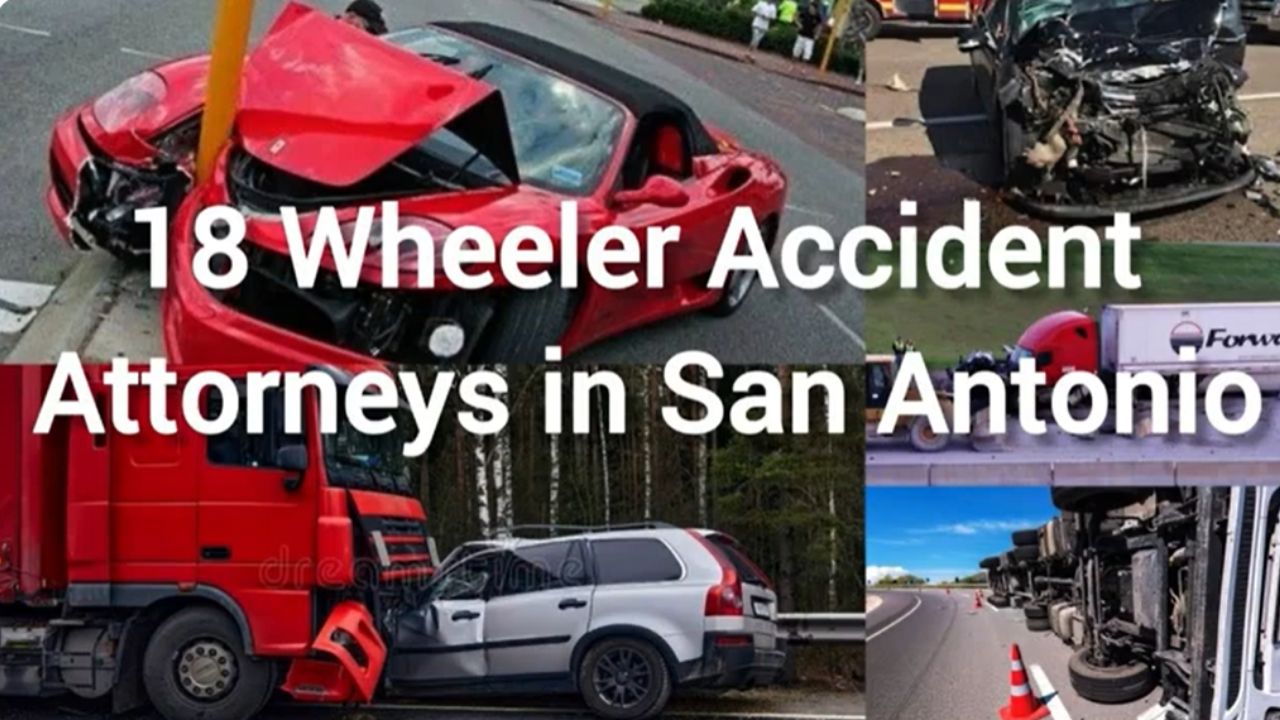What to Do If You’re in a Car Accident Out of State and Dealing with Insurance
Car accidents can be stressful enough on their own, but when they happen out of state, it can add another level of complexity to the situation. One of the biggest challenges you may face is dealing with your insurance company. Here’s what you need to know about car accidents out of state and how to handle the insurance aftermath.
Understanding Your Insurance Coverage
The first step in dealing with car accidents out of state is to understand your insurance coverage. Your insurance policy will typically cover you no matter where you are in the United States, but the specifics can vary depending on the type of coverage you have. Liability coverage will pay for damages or injuries you cause to others in an accident, while collision coverage will pay for damage to your vehicle regardless of fault.
It’s important to review your policy before traveling out of state to ensure you have the appropriate coverage. If you’re not sure what your policy covers, contact your insurance agent for clarification.
What to Do After an Out-of-State Car Accident
If you’re involved in a car accident out of state, the steps you need to take are similar to those you would take in your home state. Here are the essential steps to follow:
- Check for injuries: The first priority after any car accident is to check for injuries. Call 911 if anyone is injured, and do not move anyone who is unconscious or has neck or back pain.
- Move to a safe location: If possible, move your vehicle to a safe location off the road. Turn on your hazard lights and use flares or reflective triangles to alert other drivers to the accident.
- Exchange information: Get the name, address, phone number, and insurance information of the other driver involved in the accident. Also, get the names and contact information of any witnesses.
- Document the accident: Take photos of the damage to both vehicles and any other property damage. Write down the location of the accident, the date and time, and the weather conditions.
- Contact your insurance company: Report the accident to your insurance company as soon as possible. Be sure to provide them with all the information you gathered, including the other driver’s insurance information and the police report.
Dealing with Insurance After an Out-of-State Car Accident
Dealing with insurance after a car accident can be complicated, especially when it’s out of state. Here’s what you need to know:
- Contact your insurance company: As mentioned above, it’s crucial to contact your insurance company as soon as possible after an out-of-state car accident. Your insurance company will likely assign an adjuster to your claim, who will guide you through the process.
- Follow the adjuster’s instructions: Your adjuster will likely ask for more information about the accident and may ask you to get an estimate for the repairs. Follow their instructions closely to ensure your claim is processed smoothly.
- Consider using your own insurance: If the other driver’s insurance company is difficult to deal with or doesn’t want to pay for damages, you may need to use your own insurance to cover the costs. Keep in mind that you’ll likely need to pay your deductible upfront, but your insurance company may be able to recover the costs from the other driver’s insurance company later.
- Keep records of everything: It’s important to keep a record of all the information and documentation related to your claim. This includes photos of the accident, estimates for repairs, and any communication with your insurance company or the other driver’s insurance company.
- Consider hiring an attorney: If the other driver is at fault, and their insurance company is refusing to pay for damages or injuries, you may need to hire an attorney to help you navigate the legal process.
Additional Tips for Handling Car Accidents Out of State
In addition to the steps outlined above, here are a few additional tips to keep in mind when dealing with car accidents out of state:
- Know the local laws: Laws regarding car accidents can vary by state, so it’s important to know the laws in the state where the accident occurred. This can help you better understand your rights and responsibilities.
- Get a police report: Even if the accident is minor, it’s a good idea to get a police report. This can provide additional documentation to support your insurance claim.
- Don’t admit fault: Avoid admitting fault or apologizing after an accident, even if you believe you may have been at fault. Admitting fault can make it more difficult to file a claim with your insurance company.
- Stay organized: Keep all documents related to the accident organized in a folder or binder. This can help you stay on top of the claim process and provide any necessary information to your insurance company.
Final Thoughts
Dealing with a car accident out of state can be overwhelming, but following the appropriate steps and understanding your insurance coverage can help make the process smoother. Remember to prioritize your safety and the safety of others involved in the accident, gather all necessary information, and contact your insurance company as soon as possible. If you’re having difficulty dealing with the insurance company, consider reaching out to an attorney for assistance. With proper preparation and attention to detail, you can navigate the aftermath of a car accident out of state with confidence.
FAQs
Q: Will my insurance cover me if I have an out-of-state accident?
A: Most insurance policies will cover you no matter where you are in the United States, but it’s important to review your policy and understand the specifics of your coverage.
Q: What should I do if I’m injured in an out-of-state car accident?
A: The first priority after any car accident is to check for injuries. Call 911 if anyone is injured, and do not move anyone who is unconscious or has neck or back pain. Seek medical attention as soon as possible.
Q: What information should I exchange with the other driver after an out-of-state car accident?
A: You should exchange the name, address, phone number, and insurance information of the other driver involved in the accident. Also, get the names and contact information of any witnesses.
Q: Do I need to report the out-of-state car accident to my insurance company?
A: Yes, it’s crucial to report the accident to your insurance company as soon as possible. Your insurance company will likely assign an adjuster to your claim, who will guide you through the process.
Q: What should I do if the other driver’s insurance company is difficult to deal with or doesn’t want to pay for damages?
A: If the other driver’s insurance company is difficult to deal with or doesn’t want to pay for damages, you may need to use your own insurance to cover the costs. Keep in mind that you’ll likely need to pay your deductible upfront, but your insurance company may be able to recover the costs from the other driver’s insurance company later. If you’re having difficulty dealing with the insurance company, consider reaching out to an attorney for assistance.





